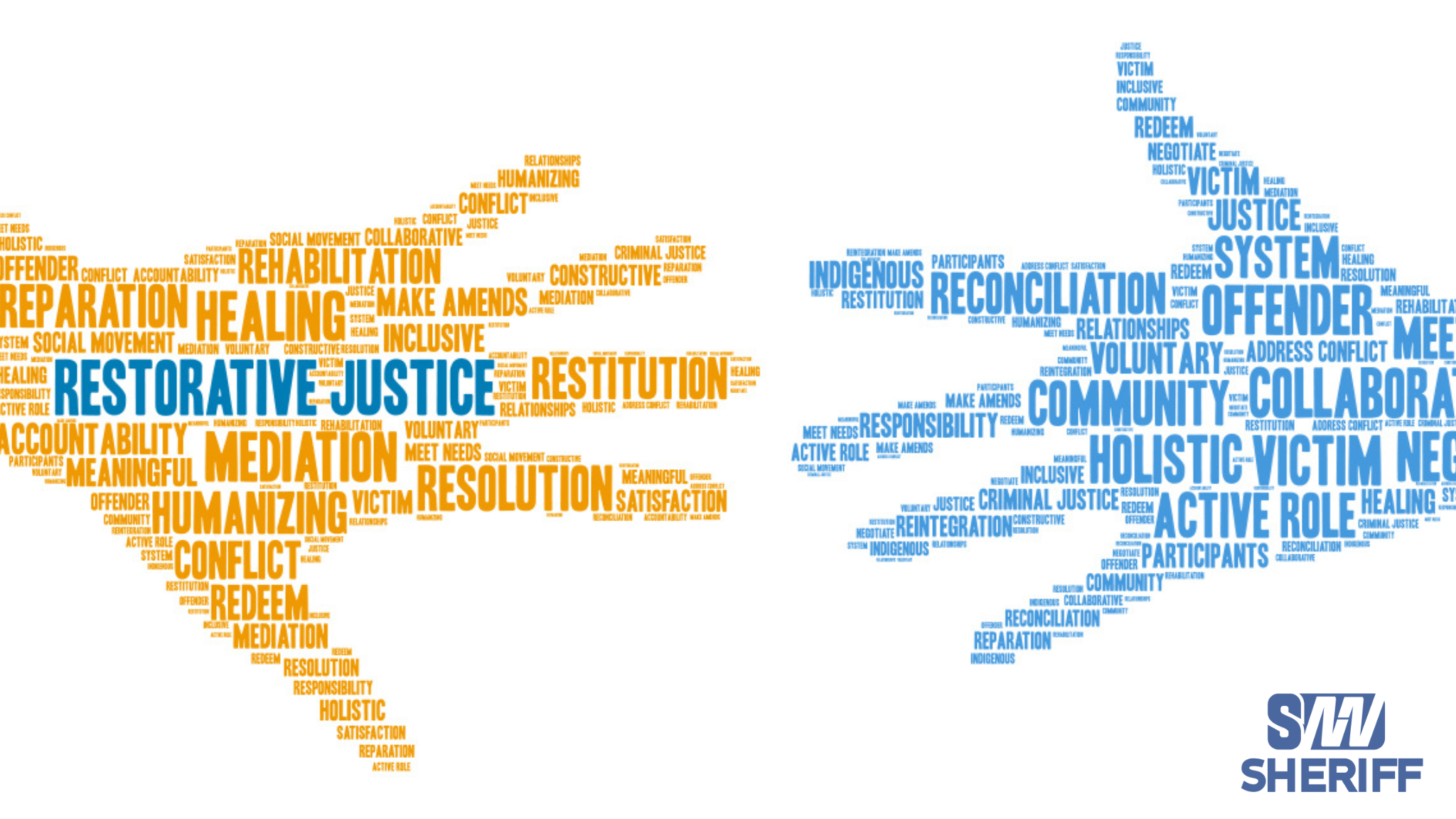
The Government of Guyana has significantly advanced its commitment to restorative justice by opening new offices in Regions Three, Four, Five, and Ten, with plans to extend the service to Regions One, Two, Six, Seven, and Nine by the end of August 2025.
This expansion marks a major milestone in decentralising access to justice and strengthening community-based alternatives to the traditional punitive system.
The announcement was made by the Director of Restorative Justice, Orrin Boston, during the opening ceremony for the Training of Restorative Justice Officers and Convenors, held on Tuesday at the Police Officers’ Training Centre on Camp Road, Georgetown.

“We developed an organisational chart, which today helps to identify the minimal staffing needs for restorative justice centres in all regions of Guyana,” Boston stated, highlighting the strategic framework guiding the rollout.
Since December 2024, four regional restorative justice offices have been fully operational, strategically positioned to enhance access to restorative justice services.
The offices are located in Klien Pouderoyen, West Bank Demerara (Region Three); Triumph, East Coast Demerara (Region Four); Fort Wellington, West Coast Berbice (Region Five); and Linden (Region Ten).
Boston confirmed that Region Eight is the only region where a location for a restorative justice office has not yet been identified. He noted that efforts are actively underway to secure a suitable site.
These decentralised centres are an extension of the Restorative Justice Centre, headquartered at Lot 341 East Street, South Cummingsburg, Georgetown.
The national centre, established under the Restorative Justice Act of 2022, was officially launched in April 2023.
It is a pilot under the Support for the Criminal Justice System (SCJS) Programme, a collaborative initiative between the Ministry of Legal Affairs and the Inter-American Development Bank (IDB).
The programme aims to reduce Guyana’s high prison population by shifting toward more rehabilitative and reconciliatory approaches. Its key objectives include reducing the number of pre-trial detainees and promoting the use of alternative sentencing.
Each regional office is staffed with trained restorative justice officers and convenors who will collaborate closely with judicial officers, police, prison officials, welfare personnel, community leaders, social workers, and other key stakeholders.










